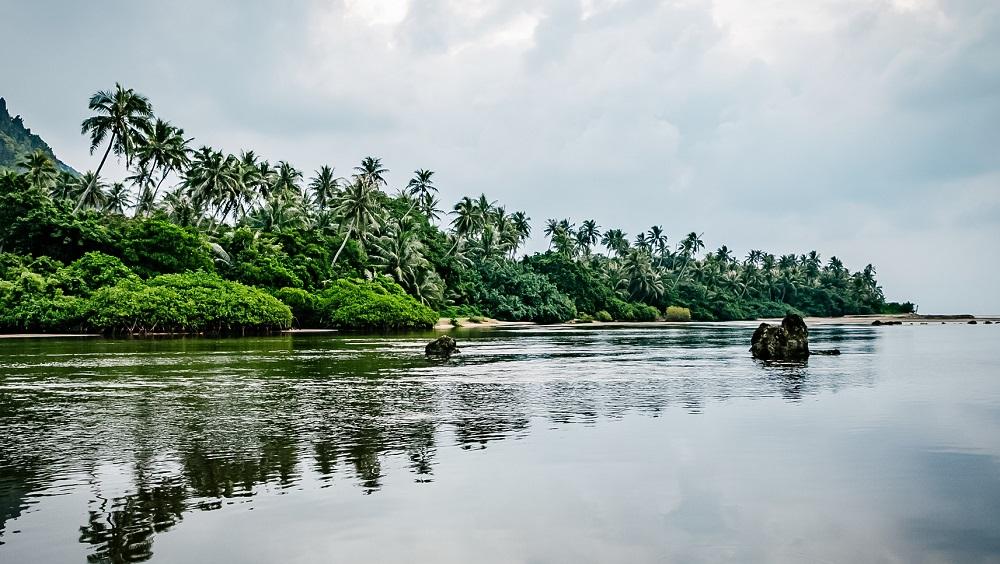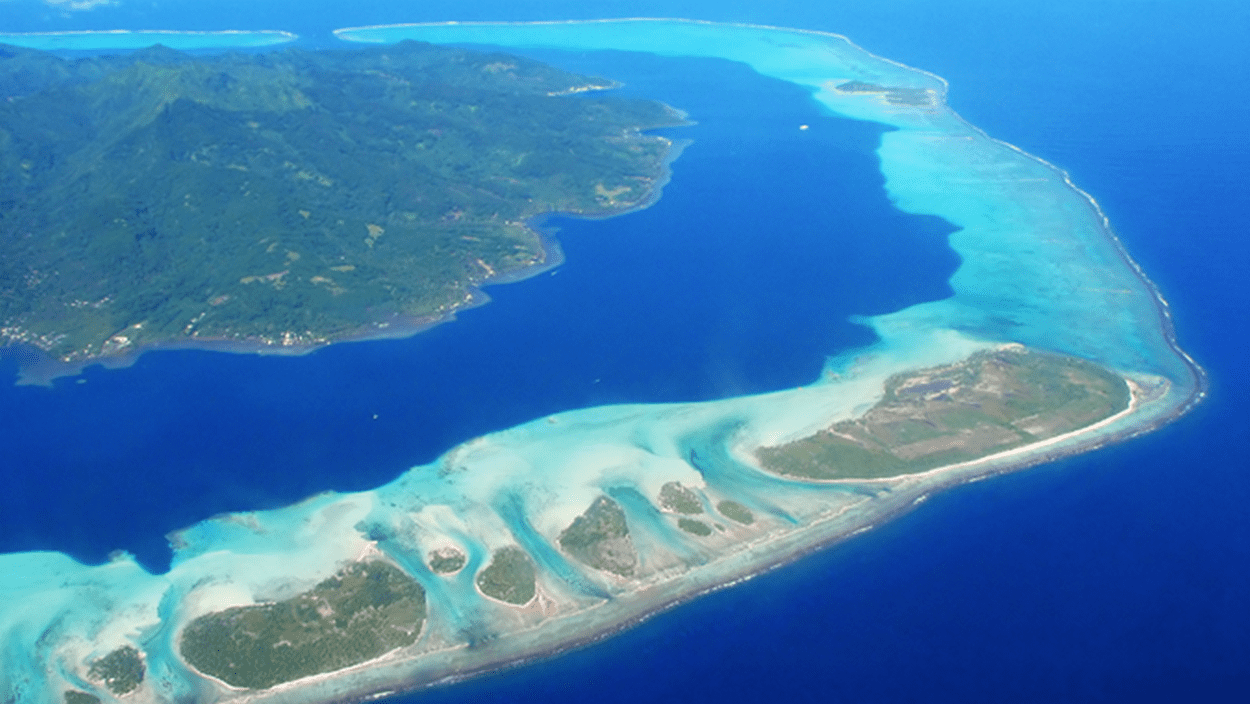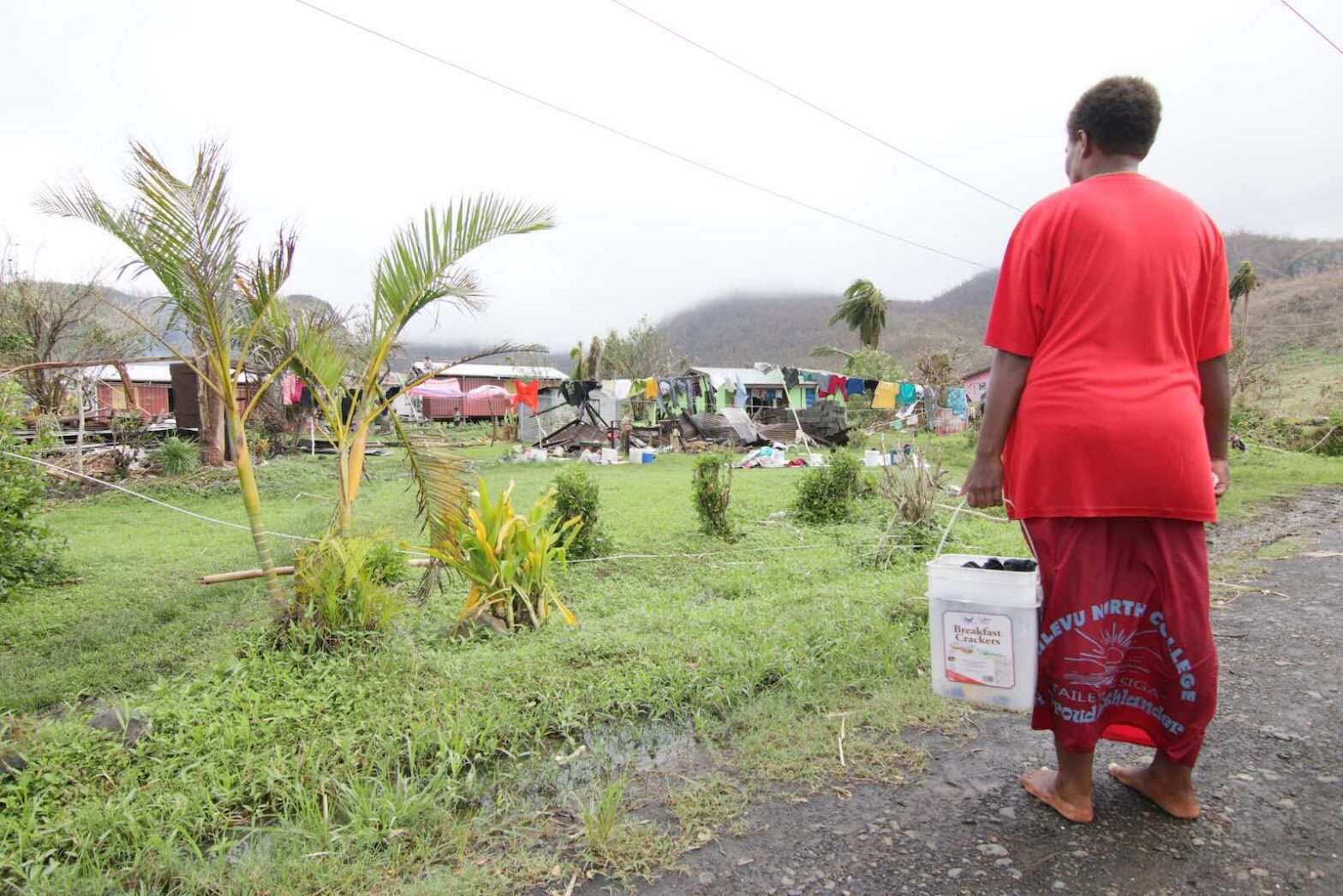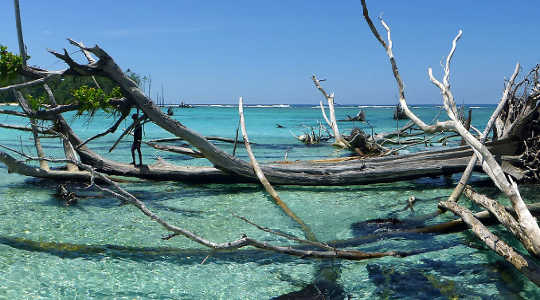A workshop provided an opportunity to strengthen ambitions on climate change and enhance the capacities on integrating NbS within the NDCs in the Pacific region
The Pacific Community (SPC), as a Regional Pacific NDC Hub partner and as an answer to Pacific countries needs, faciliated a training workshop to enhance climate action in the region (24-26 February). Through the presentation of the Nationally Determined Contributions, Nature-based Solutions for Climate Change Adaptation and Access to Climate Finance, participants were invited to enhance reflect on integrating new components into their climate strategies.
The Regional Pacific NDC Hub, together with the Pacific Community (SPC), the Secretariat of the Pacific Regional Environment Programme (SPREP) and the Kiwa Initiative, collaborated in co-organizing a virtual two-day capacity building training on Nationally Determined Contributions (NDCs)s, Access to Climate Finance and Nature-based Solutions (NbS) for Climate Change Adaptation (24-25 February). The workshop targeted the Regional Pacific NDC Hub’s country focal points and Pacific Islands Countries and Territories (PICTs) interested in knowing more about climate action.
The training brought together public sector experts that play a crucial role in implementing NDCs. More than 60 participants per day attended it, including sector experts in ministries for the environment, economy, and other relevant line ministries, as well as representatives from climate change divisions involved in the NDC implementation.
Aiming at enhancing the capacities of country focal points on integrating NbS within the NDCs, the workshop provided a significant opportunity for participants to strengthen their ambitions on climate change. Mr Tutti Chilton, Pacific Regional NDC Hub Steering Committee Chair and Focal point for Palau, notably stressed the need to “increase efforts to integrate NbS in the country NDCs and highlight the relevance of NbS including Blue NbS, in coutries’ policy and programs associated with green recovery.”
Whilst, most of the Pacific NDCs reflect actions and targets for management, protection of terrestrial forests and afforestation, restoration of wetlands and coastal ecosystems (mitigation and adaptation targets), the training strengthened such integration and raised the ambition of NbS through the region.
Climate financing was also presented to participants as a crucial enabler of the Paris Agreement. Thus, the training provided a platform for country focal points to discuss existing challenges and requirements in accessing climate finance, adapt and build climate resilience significantly, share practical experiences from other regional countries. It also helped country focal points to discuss project identification and development of investable projects to enhance in-country capacities towards climate finance readiness.
Finally, discussions around the financial mechanism – such as the Green Climate Fund (GCF), the Global Environment Facility GEF or the Adaptation Fund – allowed participants to grasp their functionality from the applicant and reviewer perspectives.
As achieving the NDC goals by 2030 and building low-carbon, climate-resilient development in the Pacific is a priority for securing the future of PICTs, this workshop highly engaged participants and provided them with key tools and exchanges to build climate resilience in the region.
This story was written by Maëva Tesan, originally published at SPC on 18 March 2022, reposted via PACNEWS.




